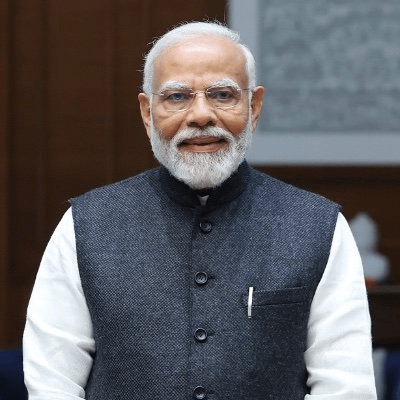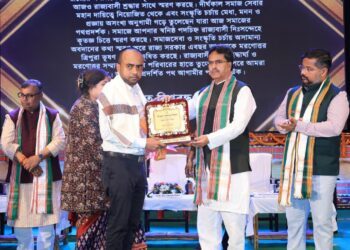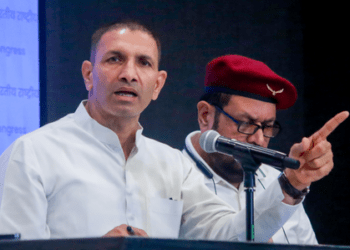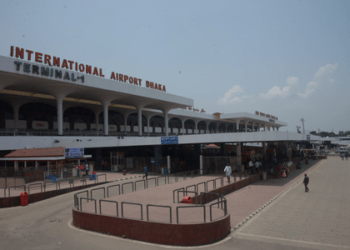New Delhi, Sept 20:
Prime Minister Narendra Modi on Saturday urged Indians to collectively rise against dependency on other nations, stressing that the future of 140 crore citizens cannot be left to external forces. Speaking at the Samudra se Samriddhi event in Bhavnagar, Gujarat, he reiterated his call for a self-reliant India, a vision he had earlier outlined from the Red Fort on Independence Day.
“In a world of rising economic self-interest, the focus must be on strengthening India’s capabilities, expanding opportunities, and empowering citizens. These reforms mark the beginning of accelerated governance transformation, ensuring India is more resilient, inclusive, and globally competitive,” Modi said.
His call aligns with global developments. Reports from UNCTAD, WTO, and IMF have highlighted growing protectionism, which disrupts global trade and compels nations to adopt self-reliant strategies. A recent UNCTAD report described a “tectonic shift” in US tariff policy, urging vulnerable economies to diversify exports, build alliances, and invest in value-added production.
Economic monitors underline this trend. Fitch recently noted a slowdown in global trade volumes in Q2 2025 amid tariff-driven volatility, while Oxford Economics observed that tariff wars are reshaping supply chains and compelling nations to pursue diversification—core principles of self-reliance.
Indian analysts see both challenges and opportunities. A Motilal Oswal report argued that while US tariffs hurt exports, they also create space for India to strengthen domestic industries. Similarly, the Observer Research Foundation (ORF) described recent US tariff hikes as a catalyst for India’s pursuit of economic sovereignty.
Since 2014, the Modi government has increased tariffs and launched Production-Linked Incentive (PLI) schemes under its Atmanirbhar Bharat Abhiyan, aimed at boosting domestic manufacturing and reducing foreign dependence. Modi’s latest appeal reinforces this long-term vision for India’s economic independence.

















